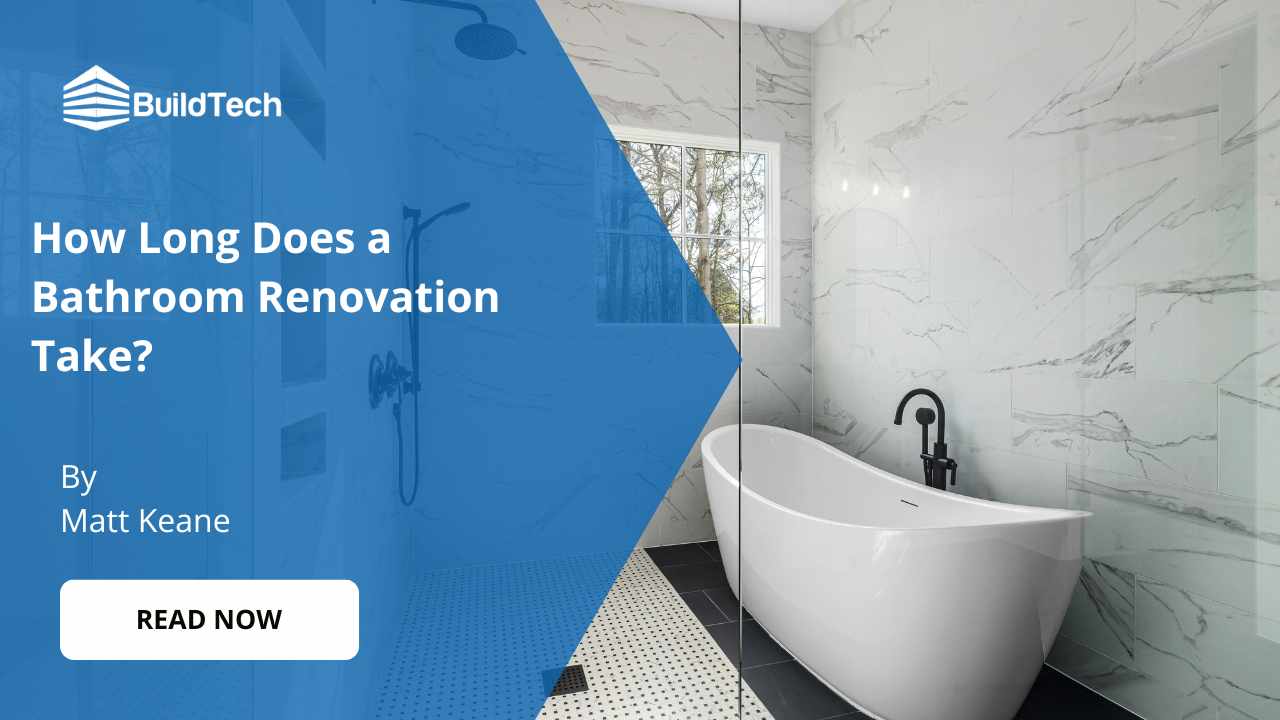Extending your home is a great way to add more space without the heavy price tag of moving to a new house. However, it's crucial to approach this project thoughtfully to keep costs down.
From simple room additions to converting existing spaces, there are several ways to increase your living area economically.
In this blog, we will help you learn about the cheapest methods to increase your living space. Learn how to plan and design home extensions, choose cost-effective builder and materials, and consider legal considerations.
So, let's get started.
How to Plan and Design a Home Extension at a Low Price?
When planning and designing a home extension on a budget, it's crucial to focus on efficiency, simplicity, and cost-effective materials.
Here are key steps to help you achieve this:
Set clear objectives
Before you begin, define what you want to achieve with your extension. Are you adding a bedroom, extending the kitchen, or creating a multipurpose space?
A clear purpose will guide your design choices and prevent costly changes mid-project. Understanding your needs helps you prioritise spending and design a space that delivers maximum functionality without unnecessary extras.
Budget wisely
Create a detailed budget that covers all aspects of your project, including materials, labor, permits, and unexpected costs. Stick to your budget by choosing cost-effective materials and solutions.
Consider phases of construction that might allow you to spread out costs over time, particularly for non-essential parts of your extension.
Choose simple designs
Complex designs often require more elaborate and expensive construction techniques. Choose straightforward, rectangular, or square extensions to minimize costs.
Simple roof designs, like flat or single-pitch roofs, can also reduce building expenses. The simpler the design, the lower the overall cost.
Select affordable materials
Research and select materials that offer durability and affordability. For instance, using reclaimed materials can significantly lower expenses while adding character to your home.
Consider alternatives like prefabricated panels or SIPs (structurally insulated panels), which can be more cost-effective and quicker to install than traditional building materials.
DIY what you can
Consider which aspects of the extension you can realistically do yourself. Tasks like painting, installing fittings, or even some aspects of tiling can be done without professional help, saving on labor costs.
Ensure you have the skills and time to complete these tasks to a high standard, as poor workmanship can lead to higher costs later.
How to Choose the Right Materials and Builders to Save on Cost for House Extension?
Selecting the right materials and builders is crucial to ensuring that your house extension is both cost-effective and of high quality.
Choosing the right materials
Using suitable materials can significantly reduce your costs compared to custom solutions. Choose standard-size doors, windows, and fixtures whenever possible. This approach not only keeps initial costs low but also simplifies future maintenance and repairs.
Furthermore, consider the longevity and durability of the materials. Cheaper isn't always better if you end up needing to replace or repair items frequently. Balance cost with quality to ensure that your extension remains affordable over its lifetime.
Selecting the right builder
Choosing a reputable builder is just as important as selecting the right materials. A good builder can manage your project efficiently, keeping it on schedule and within budget. It's essential to choose a builder who is fully insured and understands local building regulations.
Check their references and review past projects to gauge their reliability and quality of work. Ensure that your builder has the necessary insurance, like Public Liability Insurance and Construction Works Insurance.
Strategic planning with builders
Effective collaboration with your builder can lead to more cost-efficient practices. Discussing your budget and expectations with builders helps align the project accordingly.
Builders can advise on the best times to purchase materials at lower prices and might have better access to deals from suppliers due to their industry connections.
What Are The Legal and Regulatory Considerations for Home Extension?
Before starting a house extension project, it's crucial to understand and adhere to the legal and regulatory requirements. This section outlines the key considerations to ensure your extension is compliant and avoids legal dangers.
Planning permissions
Depending on your location and the scope of your project, you may need to apply for planning permission. Failing to obtain necessary permissions can result in hefty fines and even require you to demolish unauthorised constructions.
Proper planning and adherence to local building regulations are essential to avoid these costly mistakes. Check with your local planning authority to understand the specific requirements for your area.
Building regulations
Beyond planning permissions, your extension must comply with local building regulations. These regulations cover aspects of construction such as safety, energy efficiency, and accessibility.
Obtaining approval for your building plans ensures that the extension is safe and energy-efficient. This step cannot be skipped, as it ensures the structural integrity of your extension and its compliance with safety standards.
Party wall agreements
If your extension involves work on or near a boundary shared with another property, you may need a party wall agreement. This agreement is required to prevent disputes between neighbours due to construction work.
Discussing plans with neighbours and securing agreements in writing can prevent legal complications and foster good relations with those around you.
Conclusion
Extending your home doesn't have to be costly. By planning carefully, choosing the right materials and builders, and considering innovative and legal aspects, you can significantly reduce the costs of the house extensions.
From utilising existing structures like garages to embracing prefabricated additions, and ensuring all legalities are covered, every step offers potential savings. Remember, smart choices and strategic planning are your best tools.
If you're ready to extend your house cost-effectively and need professional guidance, contact BuildTech today. Our expertise ensures your extension is both affordable and high quality.


.jpeg)















